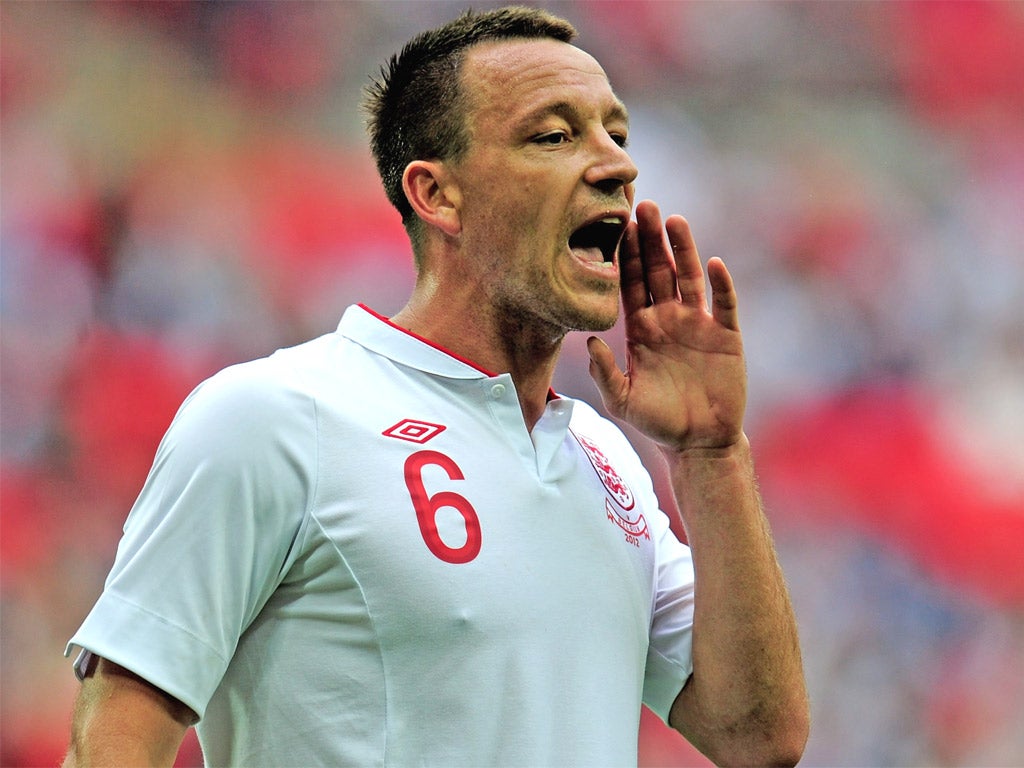Walking wounded Stars willing to risk their health for glory
Fifa's chief medical officer claims nearly half of international players take painkillers in their pre-match routine. Yet while such drugs help stars to get out on to the pitch, they can also cause lasting damage – and the growing problem is not just confined to football. By Jeremy Laurance and Nick Clark

Some claim it is a form of legal doping, others that it is an example of excess medication that is putting the long-term health of sportsmen and women at risk. The use of painkilling drugs and injections taken in advance of major sporting events has now become so widespread that it is causing alarm.
As footballing teams gather in Poland and Ukraine for the opening of Euro 2012 on Friday, Fifa's chief medical officer has warned that anti-inflammatory painkillers are so widely used by players that it has reached the level of "abuse". Almost 40 per cent of footballers at the 2010 World Cup in South Africa were taking the drugs, Dr Jiri Dvorak said, as he urged football to wake up to the threat.
In response, Kelly Sotherton, who won an Olympic bronze medal in the heptathlon in Athens in 2004, tweeted yesterday: "I'd say quite a few sports have this issue." Sotherton's career has been blighted by injury in recent years and last week she announced her retirement, after failing to recover from a back problem for which she had surgery. She said she had a prolapsed disc which had become "horrendously painful".
Sixty players have already been ruled out of Euro 2012 before the competition has started – the most in European Championship history. Frank Lampard, Gary Cahill, Gareth Barry and John Ruddy have pulled out of the England squad due to injury. Gary Lewin, England's physiotherapist, called for a winter break in the football season to ease the pressures.
The most common anti-inflammatory drugs are aspirin and ibuprofen, but many stronger varieties such as diclofenac and naproxen are available only on prescription. They work by damping down the inflammation associated with any soft-tissue injury when a muscle, tendon or ligament is damaged. They are taken preventively by, for instance, people with arthritis, to halt pain and protect joints. But when taken by healthy sportspeople, there is a risk they may mask pain, which could lead to increased injury.
Dr Dvorak's views were echoed by Hans Geyer – the deputy director of the World Anti-Doping Agency – who said anti-inflammatories qualified as a "doping substance". He warned that footballers were trying to make themselves "insensitive" to pain.
"If you switch off alarm systems that protect your tissues, you can have irreversible destruction of tissue."
Join our commenting forum
Join thought-provoking conversations, follow other Independent readers and see their replies
Comments
Bookmark popover
Removed from bookmarks